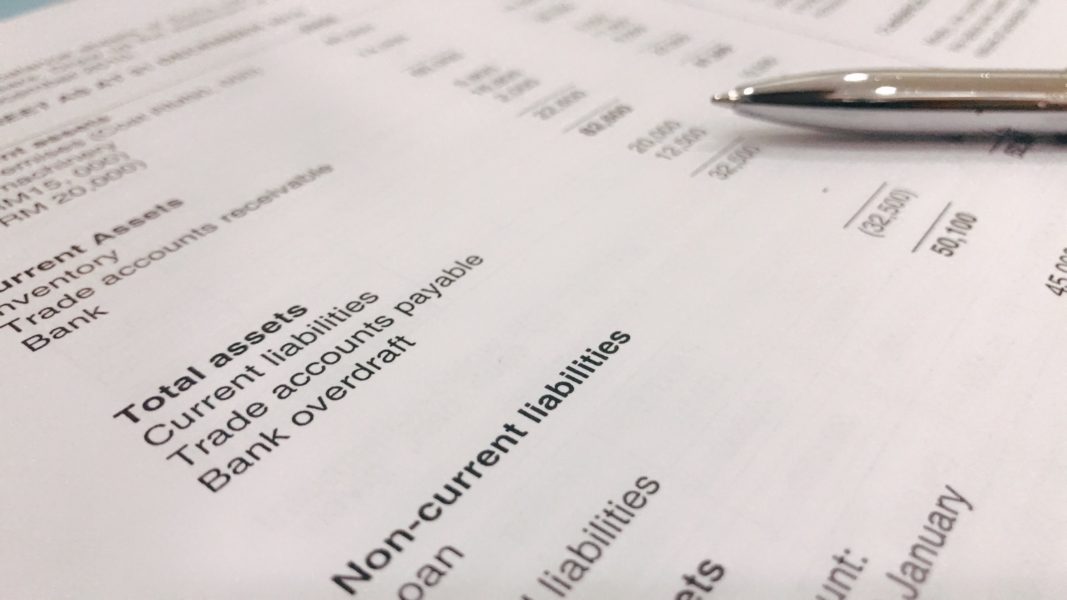
In the ever-competitive world of business, securing funding from investors can be a make-or-break proposition for companies seeking growth and expansion opportunities. Investors are constantly on the lookout for companies that exhibit financial stability, sound management practices, and a promising growth trajectory. One of the most critical factors that investors scrutinize when evaluating potential investment opportunities is a company’s balance sheet strength.
At Maximum Possibilities, we understand the importance of balance sheet strength in unlocking investment opportunities. Our team of experienced professionals specializes in helping companies prepare for mergers and acquisitions (M&A) activities, as well as guiding business owners through successful exits and sales.
Let’s explore some areas that you need to be aware of and that we can assist you with.
The Importance of a Robust Balance Sheet
A company’s balance sheet is a snapshot of its financial health, providing insights into its assets, liabilities, and equity at a specific point in time. A robust financial report is a powerful indicator of a company’s ability to weather economic downturns, meet its financial obligations, and position itself for future growth.
Investors pay close attention to key financial ratios and metrics derived from the balance sheet, such as:
- Debt-to-Equity Ratio: This ratio measures a company’s financial leverage by comparing its total debt to its total equity. A lower ratio generally indicates a healthier balance sheet and a lower risk of defaulting on debt obligations.
- Current Ratio: This ratio evaluates a company’s ability to meet its short-term obligations by dividing its current assets by its current liabilities. A higher ratio suggests greater liquidity and a stronger position to meet immediate financial commitments.
- Quick Ratio: Similar to the current ratio, but using a more conservative calculation, the quick ratio measures a company’s ability to meet short-term obligations using only its most liquid assets (cash, cash equivalents, and accounts receivable).
- Working Capital: This metric represents the difference between a company’s current assets and current liabilities. A positive working capital indicates that a company has sufficient resources to fund its daily operations and meet short-term obligations.
- Cash Position: A company’s cash reserves are a crucial component of its balance sheet strength. Ample cash reserves provide a financial cushion during challenging economic conditions and enable companies to take advantage of growth opportunities as they arise.
- Interest Coverage Ratio: This ratio measures a company’s ability to service its debt obligations by dividing its earnings before interest and taxes (EBITDA) by its interest expenses. A higher ratio indicates that a company can comfortably meet its interest payments and is less likely to default on its debt.
Tips for Maintaining Balance Sheet Strength
While working with experienced professionals like Maximum Possibilities can significantly enhance your financial report strength, there are several proactive steps that companies can take to improve their financial position:
- Implement Robust Financial Reporting and Forecasting: Accurate and timely financial reporting and forecasting (including cash forecasts) are essential for identifying potential issues and making informed decisions that impact your balance sheet.
- Manage Working Capital Efficiently: Optimize inventory levels, streamline accounts receivable processes, and negotiate favorable payment terms with suppliers to improve working capital management.
- Prioritize Debt Reduction: Develop a strategic plan to reduce debt levels over time, which will improve financial leverage ratios and enhance financial strength.
- Invest in Asset Maintenance and Optimization: Regularly maintain and optimize your assets to extend their useful life and maximize their value on the balance sheet.
- Foster Strong Relationships with Lenders and Investors: Cultivate positive relationships with lenders and investors by maintaining transparent communication and demonstrating a commitment to financial prudence.
The Role of an M&A Consultant
We’ve discussed the importance of a balance sheet as well as tips on how to maintain one. But, what about improving your company’s existing balance sheet?
To ensure your balance sheet is optimized for attracting investors and maximizing the value of your business, Maximum Possibilities can provide valuable insights into the following areas of your business.
- Financial Analysis and Optimization: A comprehensive financial analysis is conducted to identify areas of improvement. Next, implement strategies to strengthen key financial ratios and metrics.
- Cash Flow Management: Effective cash flow management is vital for maintaining a robust balance sheet. We work closely with our clients to optimize their cash flow processes, ensuring they have the necessary liquidity to seize growth opportunities and weather economic challenges.
- Debt Restructuring and Refinancing: In some cases, restructuring or refinancing existing debt can significantly improve a company’s balance sheet strength. Our expertise in debt management allows us to explore various options and negotiate favorable terms on behalf of our clients.
- Asset Optimization: We evaluate our clients’ asset portfolios and provide recommendations for optimizing the utilization and potential divestment of underperforming assets, thereby improving the overall composition of your financial documentation.
Is Your Balance Sheet Ready?
In conclusion, balance sheet strength is a critical factor that investors consider when evaluating investment opportunities. By maintaining a robust balance sheet, companies can position themselves as attractive candidates for funding and unlock growth opportunities.
At Maximum Possibilities, we are dedicated to helping our clients achieve financial excellence. We also assist in navigating the complexities of mergers, acquisitions, and business exits.
Contact us today to schedule a discovery call.
